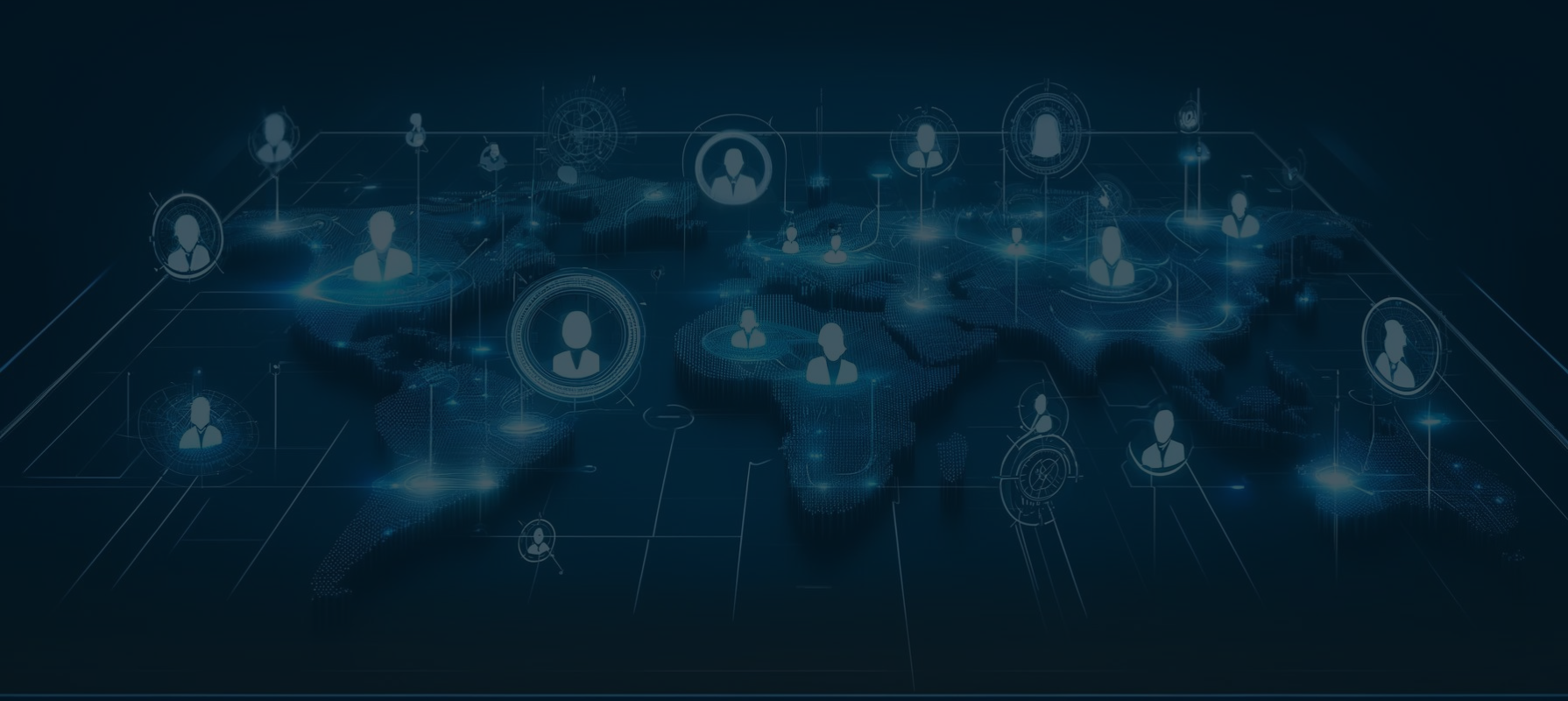The workplace is undergoing significant transformations, influenced by rapid technological advancements, evolving cultural norms, and shifting economic landscapes. As we look towards the next decade, it becomes essential for businesses and professionals to stay ahead of these changes. Knowing how to prepare for the future of work by understanding key trends and predictions that will shape our work patterns, diversity initiatives, and technological integrations.
Embracing Technological Integration
Adopting Artificial Intelligence and Automation: Growing AI and automation continue to redefine responsibilities and duties at the job site. Preparing for the future of work will, therefore, require optimally preparing those companies integrating the technologies in an improved way, thereby improving productivity without necessarily displacing people too much. Training programs to offer effective working of AI, understanding outputs by machine learning, and managing the new emerging automated systems would be required.
Remote Work Technologies: With remote work becoming more normalized, investing in robust remote work technologies is indispensable. Tools that enhance communication, project management, and cybersecurity will not only facilitate smoother transitions for companies but also cater to a global talent pool. Organizations should focus on creating seamless hybrid environments that support flexibility and connectivity.
Cultivating a Diverse and Inclusive Workplace
Expanding Diversity Initiatives: Future workplaces will emphasize more inclusive cultures that go beyond current diversity metrics. Preparing for the future of work involves developing policies that support a broad spectrum of backgrounds, including neurodiversity and cultural diversity. This approach will harness a wide range of thoughts, experiences, and skills, driving innovation and reflecting global customer bases more accurately.
Implementing Inclusive Hiring Practices: Proactive inclusion means reevaluating hiring practices. Techniques such as blind hiring, diverse hiring panels, and structured interviews can help reduce biases and promote equity. Training HR professionals to recognize and counteract unconscious bias will also play a key role in shaping a more inclusive corporate culture.
Adapting to New Work Patterns
Flexibility in Work Arrangements: The concept of a 9-to-5 workday is evolving. Flexibility will be a very central aspect of work since employees will be interested in having more control over their hours and locations. Companies must adjust by offering different working patterns such as compressed workweeks, flexible scheduling, and result-oriented work environments.

Continuous Learning and Skill Development: As job roles evolve, continuous learning becomes a necessity. Knowing how to prepare for the future of work will heavily rely on ongoing education and re-skilling initiatives. Employers should invest in learning platforms that offer upskilling opportunities and encourage a culture of learning. This not only helps employees stay relevant but also boosts job satisfaction and retention.
Sustainability and Corporate Responsibility: Increasingly, employees and consumers are holding companies accountable for their environmental and social impact. Future workplaces will need to integrate sustainability into their core operations and values, from reducing carbon footprints to engaging in fair trade practices.
Conclusion: how to prepare for the future of work
Preparing for the future of work is not just about adopting new technologies but also about embracing cultural shifts and rethinking traditional work models. By anticipating these changes and implementing forward-thinking strategies, businesses can ensure they not only survive but thrive in the upcoming decades. Adapting to these trends will require thoughtful planning, a commitment to diversity and inclusion, and a willingness to invest in the human elements of the workplace.






Leave a Reply